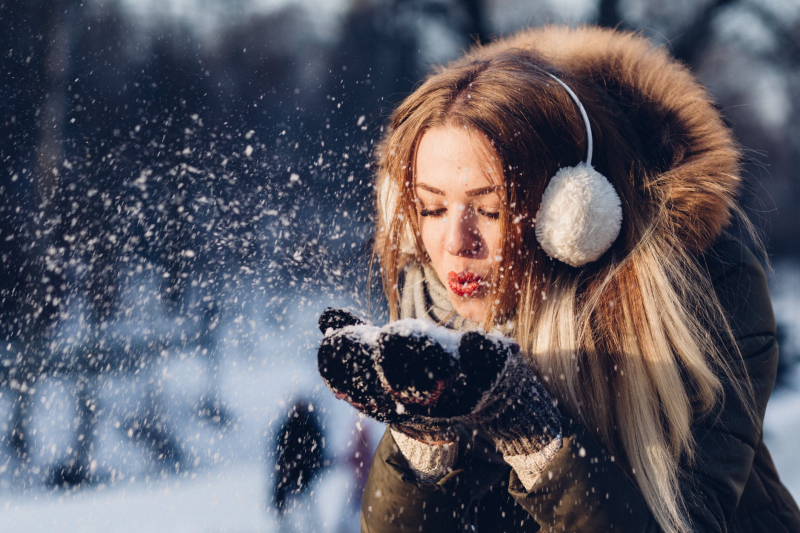Maintaining your health during the colder months is the first step toward ensuring that you can participate in all of the activities that the season has to offer.
When you spend more time indoors throughout the fall and winter months, you may feel more connected to other people. Cold, flu, and COVID-19 viruses can all be spread through the air. Dry winter air can also compromise the body's natural mucus barriers in the nose, mouth, and lungs, allowing viruses to enter through these openings.
Healthy Diet
To maintain a healthy immune system, a well-balanced diet that includes whole grains, lean proteins such as meats and poultry, legumes, nuts and seeds, herbs and spices, as well as lots of fresh fruits and vegetables, is vital. We can also get the most out of our vitamin C consumption by eating a variety of foods high in vitamin C, such as peas, broccoli, citrus fruits, and strawberries, which help boost immune systems and keep your body healthy.
Exercise
There are many different types of exercise you can do during the colder months. For many, you do not even need to leave your home. YouTube is an excellent source of free workouts. Or you can go for brisk walks in your local neighborhood or take up an exercise class to help you stay fit and healthy. Exercise is a great way to support your body whether you want to lose weight or not. If you are exercising to lose weight, exercising for 30 minutes 5 times a week can be hugely beneficial, as can reducing your calorie intake or having gastric surgery.
Have a Flu Shot
Every year, the seasonal flu infects millions of people in the United States, resulting in thousands of hospitalizations and flu-related fatalities. Everyone from the age of 6 months and older should receive an annual flu vaccine to protect themselves from the flu virus as per the CDC recommendation. Each year, flu vaccines are revised to ensure that they provide the best protection against new influenza virus strains.
Good Skin Care
One of the dangers of winter is that it can cause skin damage. Cold weather is harsh on the skin, causing it to become dry and irritated and chapped lips and cracked heels. Skincare during the winter months involves moisturizing, wearing sun protection lotions, and boosting your water consumption.
Adequate Sleep
A good night's sleep can seem like a mythical creature. You might even feel like you have more chance of seeing a unicorn than getting that elusive good night’s sleep.
But changing your habits such as going to bed even 30 minutes earlier, finding the right sleep temperature, listening ot white noise, and so on can help you get more sleep even if you don't manage a total of 8 hours each night.
Everyone is different, but guidelines suggest that you need around 7-9 hours of good quality sleep each night. This is the sleep that is restorative and helps you to feel refreshed upon waking.


